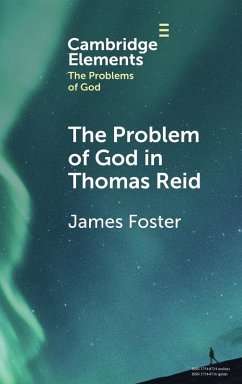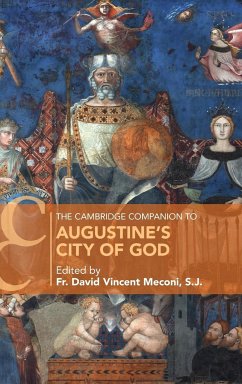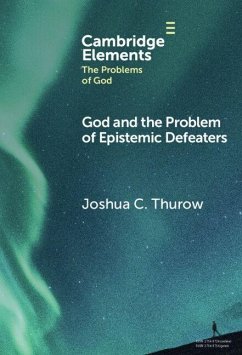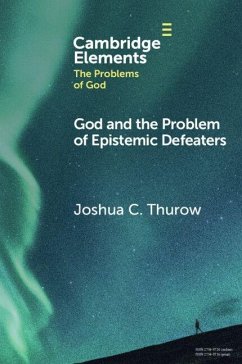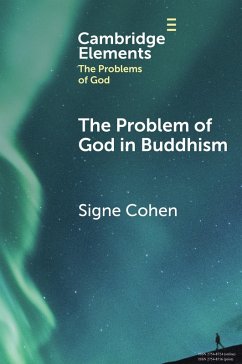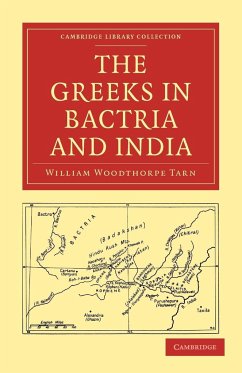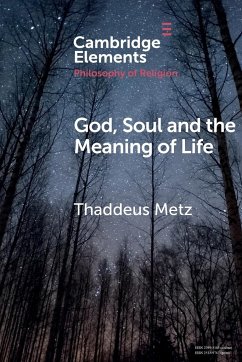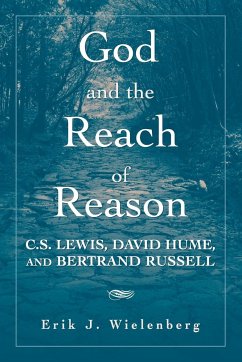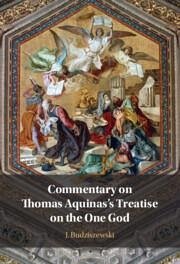
Commentary on Thomas Aquinas's Treatise on the One God
Versandkostenfrei!
Versandfertig in 1-2 Wochen
134,99 €
inkl. MwSt.

PAYBACK Punkte
67 °P sammeln!
Thomas Aquinas's classic Treatise on the One God is one of the greatest works ever written in the history of philosophy and theology. During the first half of the twentieth century, philosophy of religion was widely viewed as dead, not even a domain of serious questions but only of 'pseudo-questions.' Surprisingly, not only did the supposed corpse rise from the dead, but religion once again became one of the most active fields of philosophical investigation. The time could not be more fitting for a reinvestigation of Treatise on the One God, which opens the massive Summa theologiae. In this un...
Thomas Aquinas's classic Treatise on the One God is one of the greatest works ever written in the history of philosophy and theology. During the first half of the twentieth century, philosophy of religion was widely viewed as dead, not even a domain of serious questions but only of 'pseudo-questions.' Surprisingly, not only did the supposed corpse rise from the dead, but religion once again became one of the most active fields of philosophical investigation. The time could not be more fitting for a reinvestigation of Treatise on the One God, which opens the massive Summa theologiae. In this unparalleled exploration of the Treatise's penetrating arguments J. Budziszewski explores and illuminates the text with a luminous line-by-line commentary. Supplemented with thematic discussions, this book discusses not only the Treatise itself, but also its immediate relevance to contemporary thought and issues of the modern world. This work fittingly closes the author's series of commentaries on the Summa Theologiae.






